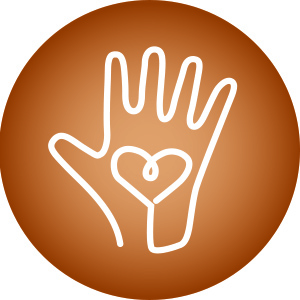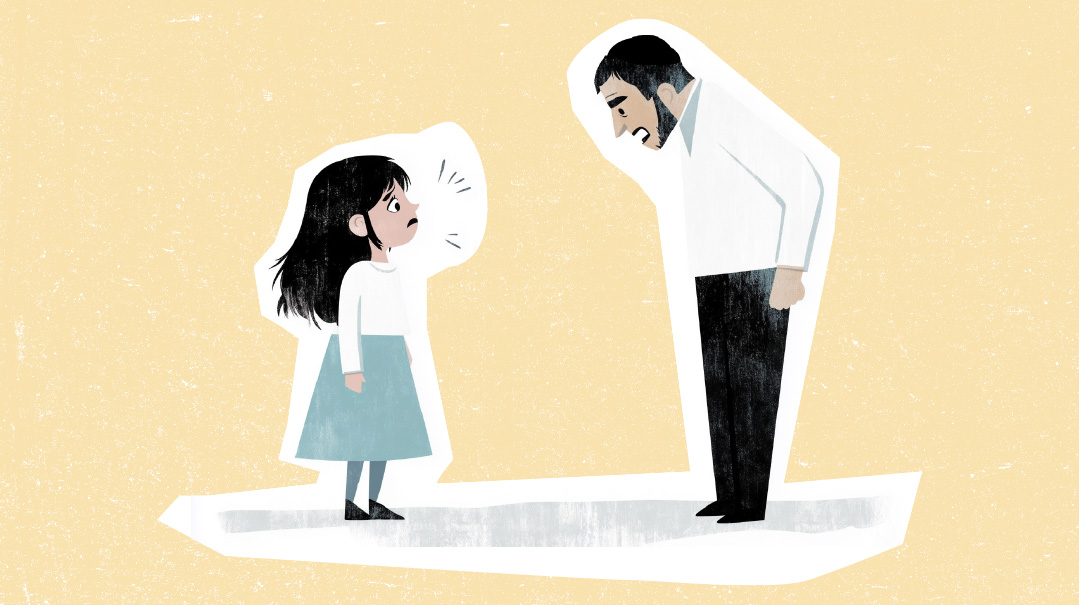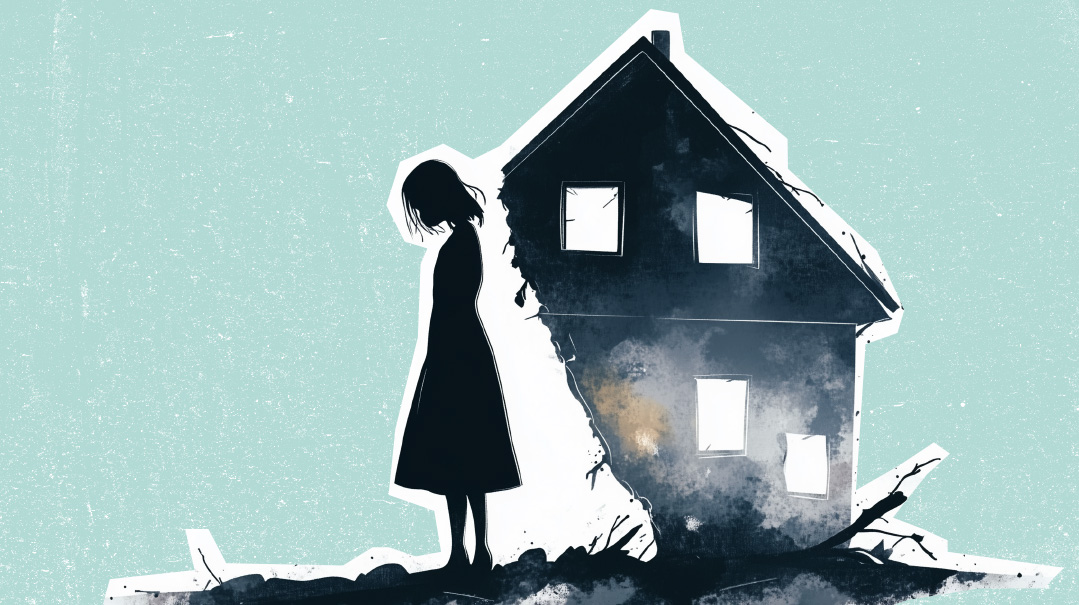“Where’s the Codependency Line?”

In codependency, a person enables, promotes, facilitates, or actively contributes to another person’s self-destructive behavior

Q
I’m trying to help a close friend who is struggling with mild depression. I offered to work with her, to help find her a good therapist, and so on. She usually responds with either, ‘‘No, I’m okay’’ or “Maybe.” Once in a while, she opens up to me, and I see that she’s in so much pain.
I want to help her because I’ve struggled with anxiety myself, and I know that it’s even harder for her because she has trouble expressing herself.
Recently my husband told me he believes I’m being codependent. I think he might be right, especially because it’s so important to me to be the one to help her. Nonetheless, I’m not sure how to stop trying to help while still remaining a truly caring friend. I genuinely want to see her happy. What are your thoughts?
A
Let’s begin with defining some terms. “Codependent” refers to someone who, by refusing to establish healthy boundaries, helps someone else remain unhealthy. For instance, a husband who looks the other way while his wife’s shopping addiction threatens to bankrupt the family may be considered codependent because his refusal to confront his wife allows her dysfunction to produce serious harm. A wife who buys her ill husband the cigarettes he asks for (and which the doctor absolutely prohibited) is codependent because her behavior aids and abets her husband’s life-threatening addiction. Similarly, a parent who allows her 26-year-old son to remain home in bed till noon daily, neither working nor studying, is being codependent, abetting his problem in moving into adulthood.
In codependency, a person enables, promotes, facilitates, or actively contributes to another person’s self-destructive behavior such as irresponsibility, addiction, or poor mental or physical health.
Now that you understand the definition of “codependence” you can see that this term doesn’t describe your behavior with your friend.
However, you do have a boundary issue. Although you’re in no way enabling her continued depression (and are therefore not codependent), you’re overstepping your boundaries. Her depression is her problem to solve, not yours. Her inability to speak up for herself is also her issue, not yours.
Boundaries draw the line between one person and another. By acting like her problem is your problem, you’re blurring these distinctions in an unhealthy way. If this woman had asked you for help, there would be no problem offering whatever support you could provide.
However, she has indicated that she doesn’t want your help even when you offer it. Even though you think you know what she really feels (assuming that she wants your help but is just unable to ask for it), it would be respectful to accept what she says and move on.
You yourself recognize that something isn’t quite right when you identify your need to be this woman’s special helper, a rescuer with the privilege of being “the one” who will save her. It is really nice to help people, of course. It does feel good to be recognized for saving someone from the brink. But these good feelings are a source of pride and personal accomplishment: “Look at how wonderful I am for saving this poor person.” They are about you and not about your friend.
Nonetheless, you honestly feel that true friendship — true caring — involves helping a person in need. It seems you feel that it involves helping even if the friend doesn’t want it! Is it possible that true caring and friendship actually involves respecting your friend’s wishes? Maybe all she needs from you is your presence (at the right distance). Maybe your “help” actually irritates, overwhelms, or frustrates her. Maybe she just needs to move at her own pace.
And this might bring us around to finding a definition for the word “friend.” People aren’t rescue animals that we can bring into our homes to heal. They’re independent agents on their own journeys. No matter how much you want to see this woman be “happy,” you have no right to foist this goal upon her; she’s not yours to “fix.” In fact, choosing companions — friends — who don’t need fixing is healthier than choosing wounded birds.
Friends aren’t “projects” or patients. They are autonomous individuals who can contribute to your own life. Look for healthy people who are interesting, uplifting, supportive, balanced, and fun. If you want to help people, get licensed in a helping profession! For now, see if there is anything normal left in this friendship. Stop all forms of helping, and then see if the two of you find common ground for talking, shopping, learning, or engaging in any other activity. Can you simply enjoy the friendship? If not, it might be time for you to get some help!
(Originally featured in Family First, Issue 866)
Oops! We could not locate your form.





